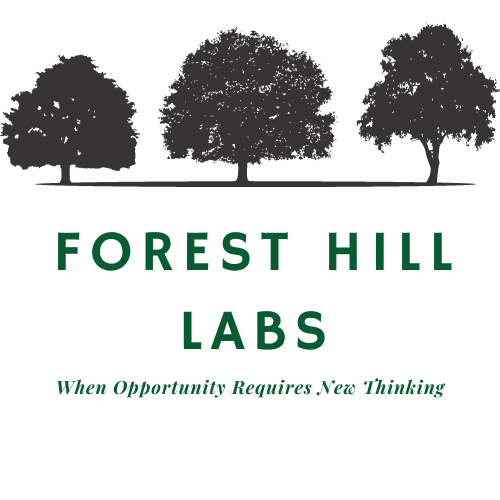Investors Bulletin: A.I. & Digital Health
by Margaret Wehrenberg / Published February 16, 2024
“Little Peggy” Copyright FHL 2024
Here are some recent developments in the field of artificial intelligence (AI) in healthcare:
The Role of Artificial Intelligence in Enhancing Healthcare: A Promising Future: AI is poised to revolutionize healthcare by transforming diagnosis, treatment, and disease prevention. From robots performing precise surgeries to algorithms predicting outbreaks, the future looks promising1.
Is This the Year Artificial Intelligence Dominates Healthcare?:
An experimental AI-developed drug for treating idiopathic pulmonary fibrosis (an incurable lung disease) is in mid-stage trials in the U.S. AI is also narrowing down chemical compounds for drug profiles3.
AI Doctors: The Rise of Artificial Intelligence in Healthcare
Additionally, researchers estimate that broader adoption of AI could lead to significant savings in healthcare spending—between 5% and 10%, amounting to roughly $200 billion to $360 billion annually. These estimates are based on AI use cases employing current technologies attainable within the next five years, without compromising quality or access4.
The integration of AI in healthcare holds immense potential for improving patient outcomes, streamlining processes, and reducing costs. Stay informed as this exciting field continues to evolve! 🌟
Recent news on artificial intelligence in healthcare includes123:
A new report from McKinsey and Harvard researchers suggests that artificial intelligence could save the U.S. up to $360 billion annually if adopted more widely in healthcare.
The World Health Organization has published new guidance on the use of artificial intelligence in healthcare, emphasizing the importance of ethics and human rights in its design, deployment, and use.
Google Cloud and healthcare technology company CareCloud, Inc. have announced a partnership aimed at supporting operational efficiency and digital transformation for small- and medium-sized healthcare providers through generative artificial intelligence (AI).
OUR DAILY "NEW" NEWS STORIES!
Connecticut's Hartford HealthCare opens new AI center | fox61.com
How Healthcare Can Use the Cloud to Its Fullest Potential | HealthTech Magazine
Artificial intelligence is helping revolutionize healthcare as we know it (jnj.com)
Revolutionizing Healthcare: The Integral Role Of AI And IoT In Shaping Modern Medicine (forbes.com)
Margaret’s Note of the Week
Some cultures prioritize the acknowledgement of strangers as a social norm. A greeting, wave, or smile to friends and strangers alike. The human connection these interactions provide are keys for a healthy and functioning society.
I learned this recently from a man named Samir. He suggested that if enough people in D.C. were to adopt this practice, the social fabric of American society might benefit as well. An inspirational and practical idea that can be implemented without need of money or a federal mandate. Maybe even prescient considering D.C. was just named the loneliest city in America.
This weekend I plan to acknowledge a few neighbors and strangers with a smile and hello. If Samir’s message resonates with you too, come join the fun.
P.S. Thank you Samir for the great conversation and idea.


